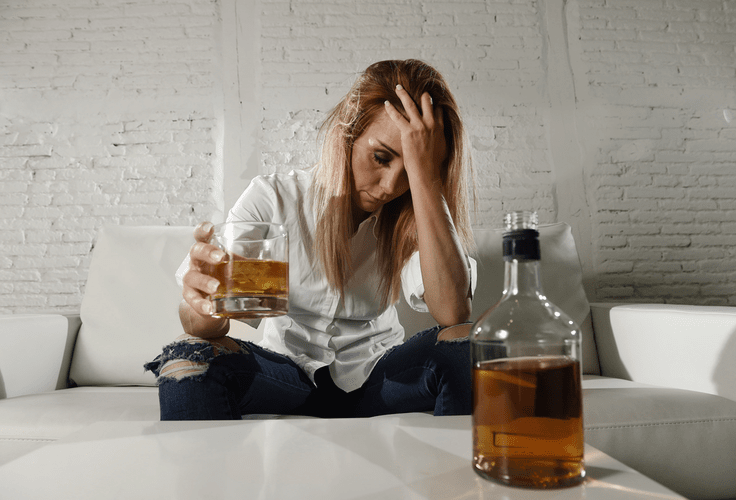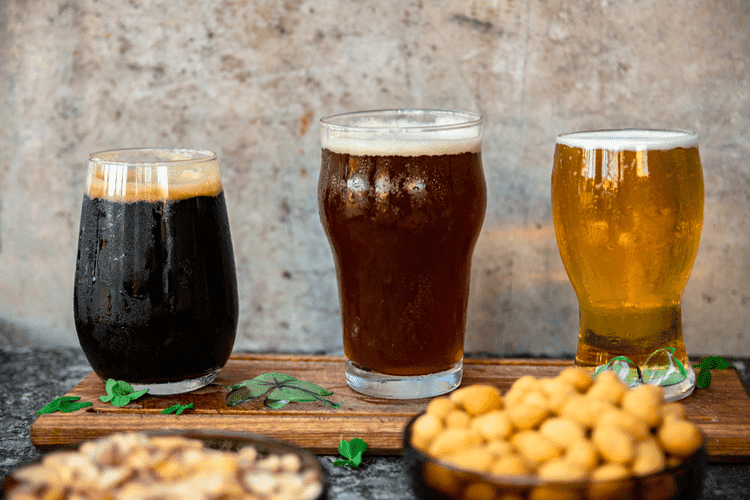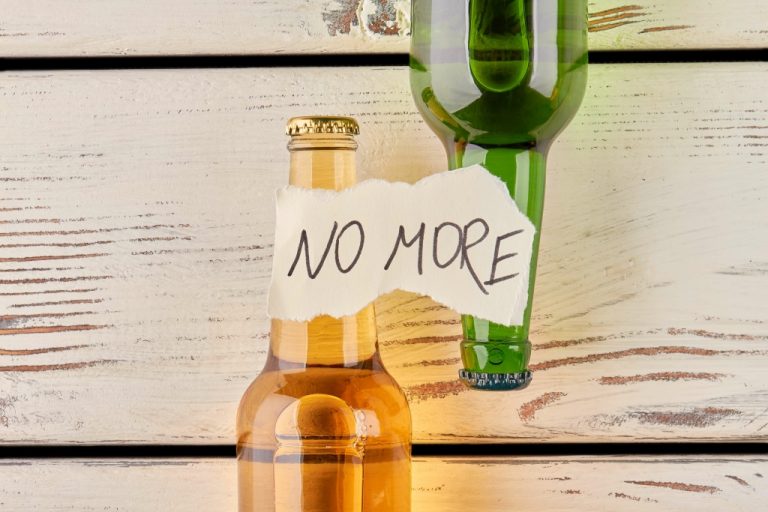The sensation of heat is primarily a perception driven by increased blood flow to the skin, rather than a true rise in core temperature. When you drink alcohol, your blood vessels dilate to get rid of excess heat. As the vessels expand, you might feel warmer because of the increased blood flow in the vessels under your skin. This process makes the skin feel warmer, but the widening of blood vessels is the body’s way of cooling itself down after alcohol consumption. The skin feels warm after drinking alcohol because Halfway house your body is trying to push the heat out.
However, as many people drink alcohol in the evening, night sweats are common. Similar to hangover symptoms, hot flashes and sweating occur because alcohol withdrawal triggers our body’s fight-or-flight response. Typically, alcohol depresses our central nervous system, making our brain highly sensitive to glutamate — a neurotransmitter that excites our brain.
Why Do I Get Stuffy Nose & Nasal Congestion After Drinking Alcohol?
- Alcohol can also raise your heart rate and metabolism, which may contribute to the sensation of heat coming from inside your body.
- You can now get weekly coaching support, anti-craving medications, handy digital tools, and more—all from an app on your smartphone.
- The hypothalamus (a region of the brain) is responsible for controlling the nervous system and body temperature.
- It’s also worth noting that certain types of wine, such as red wine, may have a higher histamine content compared to others.
And substances like naltrexone are used to treat people with alcohol use disorder. Older individuals may experience a more pronounced vasodilation response due to age-related changes in blood vessel function, potentially increasing the sensation of coldness. Whether you’re enjoying a celebratory cocktail or sipping on a glass of wine after a long day, you may have experienced the familiar feeling of warmth that alcohol can produce.
- The sensation of warmth from drinking alcohol is not limited to the throat and chest area.
- If your parents experienced the wine flush, there is a higher likelihood that you will experience it as well, especially if they have an ALDH2 deficiency.
Can certain medications interact with alcohol and cause increased heat sensation?
For instance, one study found that part of why alcohol exacerbates a drop in core body temperature is because it reduces the ability to shiver, which is the body’s way of creating warmth. Alcohol intolerance is most likely the reason you are asking yourself, “Why does alcohol make you hot? Feeling flushed or warm while drinking is typically https://www.jamesevans.org.uk/sober-living/how-long-does-end-stage-alcoholism-last/ caused by a genetic deficiency in the enzyme ALDH2, which is responsible for breaking down acetaldehyde. There you have it – we’ve answered the question – why does alcohol make you hot? Some people suffer from Asian flush reaction – and are incapable of properly metabolizing alcohol.

Alcohol’s Role in the Sensation of Warmth and Shivering
In fact, it’s the furthest thing from the truth — alcohol actually makes your body colder. Excessive drinking has numerous impacts on your body and mind, ranging from mild to severe. Learn which signs to look out for, and how to care for your well-being. According to recent medical research, anywhere between 17% to 28% of American adults need to drink more water. Also known as heat flush or Asian glow, this phenomenon has been heavily studied to gauge its health risks. You may also have certain health issues contributing to this phenomenon, such as rosacea or an enzyme deficiency.

However, if you’re also experiencing red, itching, or tingling skin, you could be dealing with alcohol flush. The best way to live with this condition is to avoid alcohol as much as possible. Avoiding alcohol will allow you to live an active, enjoyable life without unpleasant symptoms. People of East Asian descent are more likely to have the inherited genetic mutation that causes alcohol intolerance, so they develop the condition at higher rates. People often confuse alcohol intolerance and alcohol allergy, but they aren’t the same condition. “Your body temperature isn’t actually changing; you’re why does alcohol make me feel hot just redistributing the heat,” he told Live Science.
Sweet Wines With High Alcohol Content
However, it won’t eliminate the underlying issue of acetaldehyde buildup for individuals with ALDH2 deficiency. Since alcohol disrupts your body’s temperature regulation, it can also cause further sweating as the night goes on. While many people naturally experience a body temperature drop overnight as they sleep, studies show alcohol might actually block this natural cycle when one is intoxicated. This can contribute to alcohol-related insomnia, and be especially bothersome for women during menopause.
One of my customers, let’s call him Jeff, had to be rushed to the hospital after going into anaphylactic shock from just a sip of beer. With an intolerance, the symptoms are uncomfortable but not as serious. On top of that, as we age, many of us start taking more medications, and some of these can interact with alcohol in ways that further disrupt how it’s processed.
Why Do I Get Hot When Drinking Alcohol?
Other foods that are rich in L-cysteine include poultry, beef, and whole grains. Whether genetics, sweating, or your liver, there is something to learn more about our body and how it interacts with wine. When it comes to metabolizing the alcohol in your wine, your body will work much harder.
Paying for Treatment

Patients were instructed to take one tablet on days when they perceived a risk of drinking alcohol. The next day after a consuming a few drinks, we don’t usually look our best. This is because alcohol causes bloating and inflammation in the body, which can lead to red eyes or a puffy face. All that dehydration can also cause your body to hold on to water weight. And if you find that you go red regularly after drinking, pay attention; you may have an alcohol intolerance.
That stress you feel after a night out might be more than just regret. Just like the symptoms of a hangover fever, the chills after drinking is a common one. It is also known that alcohol acts on the process of long-term potentiation – the way in which neurons remodel the connections between them after learning. So alterations in both REM and slow wave sleep after drinking may potentially disrupt the brain’s memory processes. One noticeable effect – after just a few drinks – is an increase in sociability.



